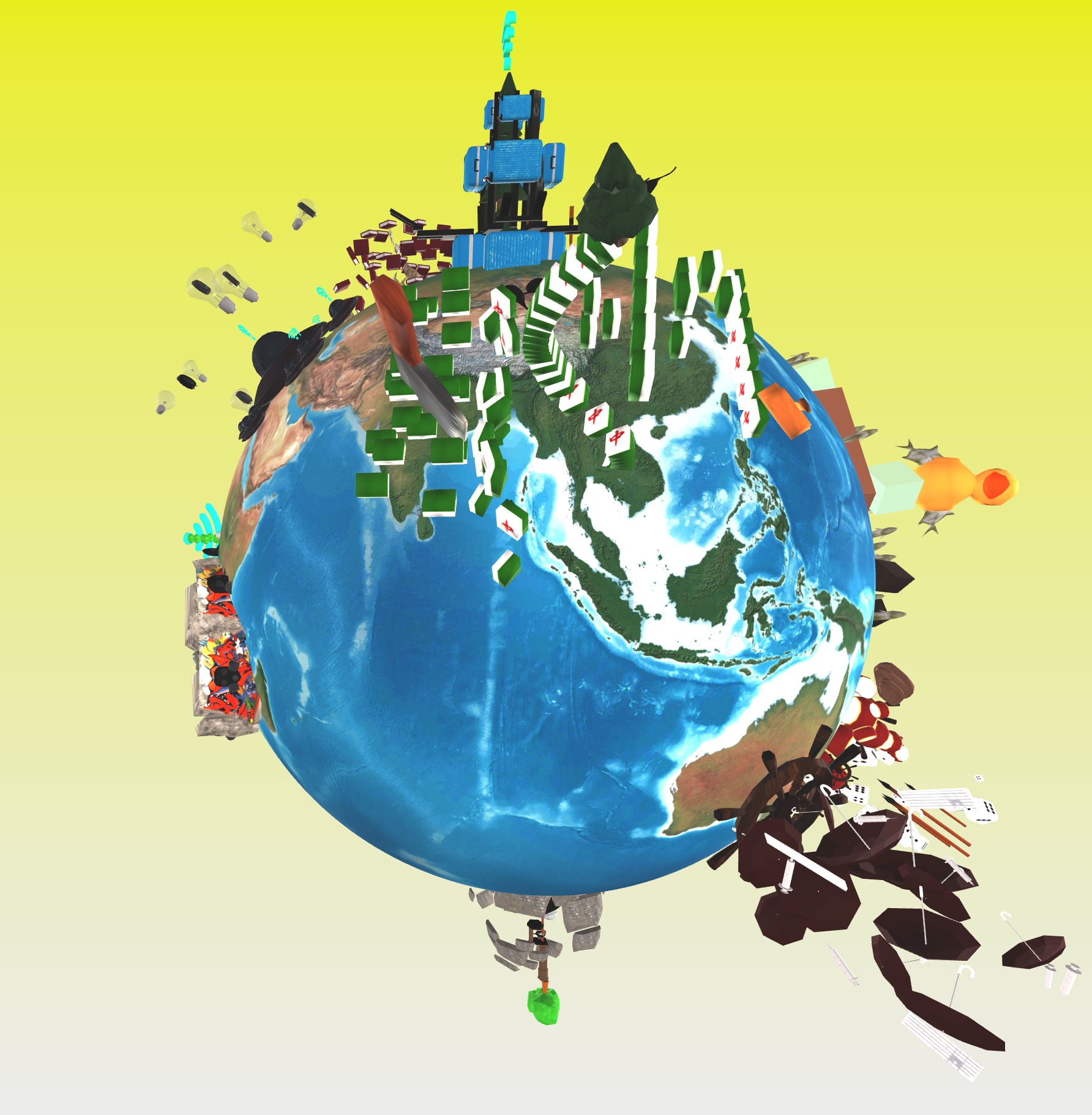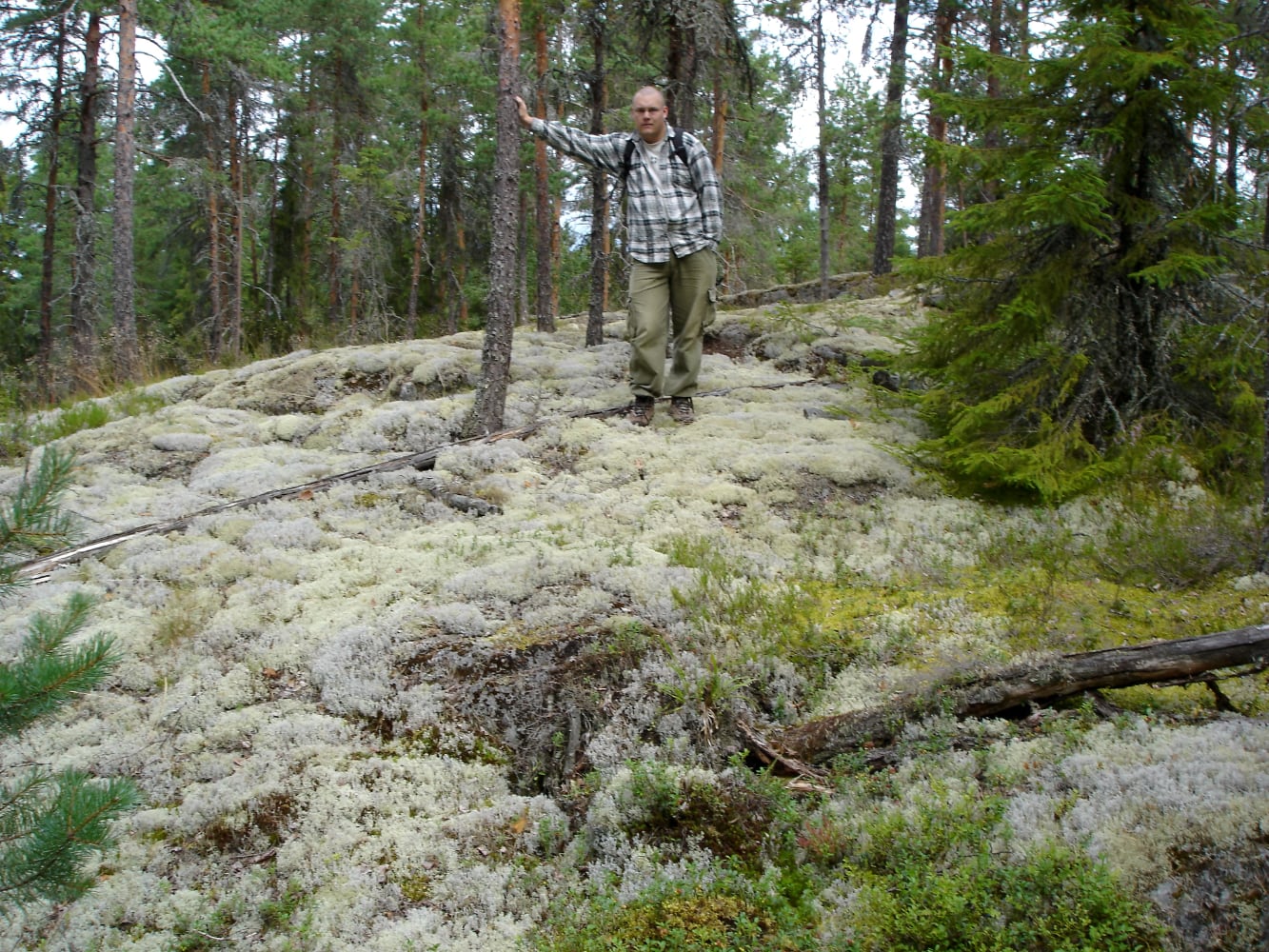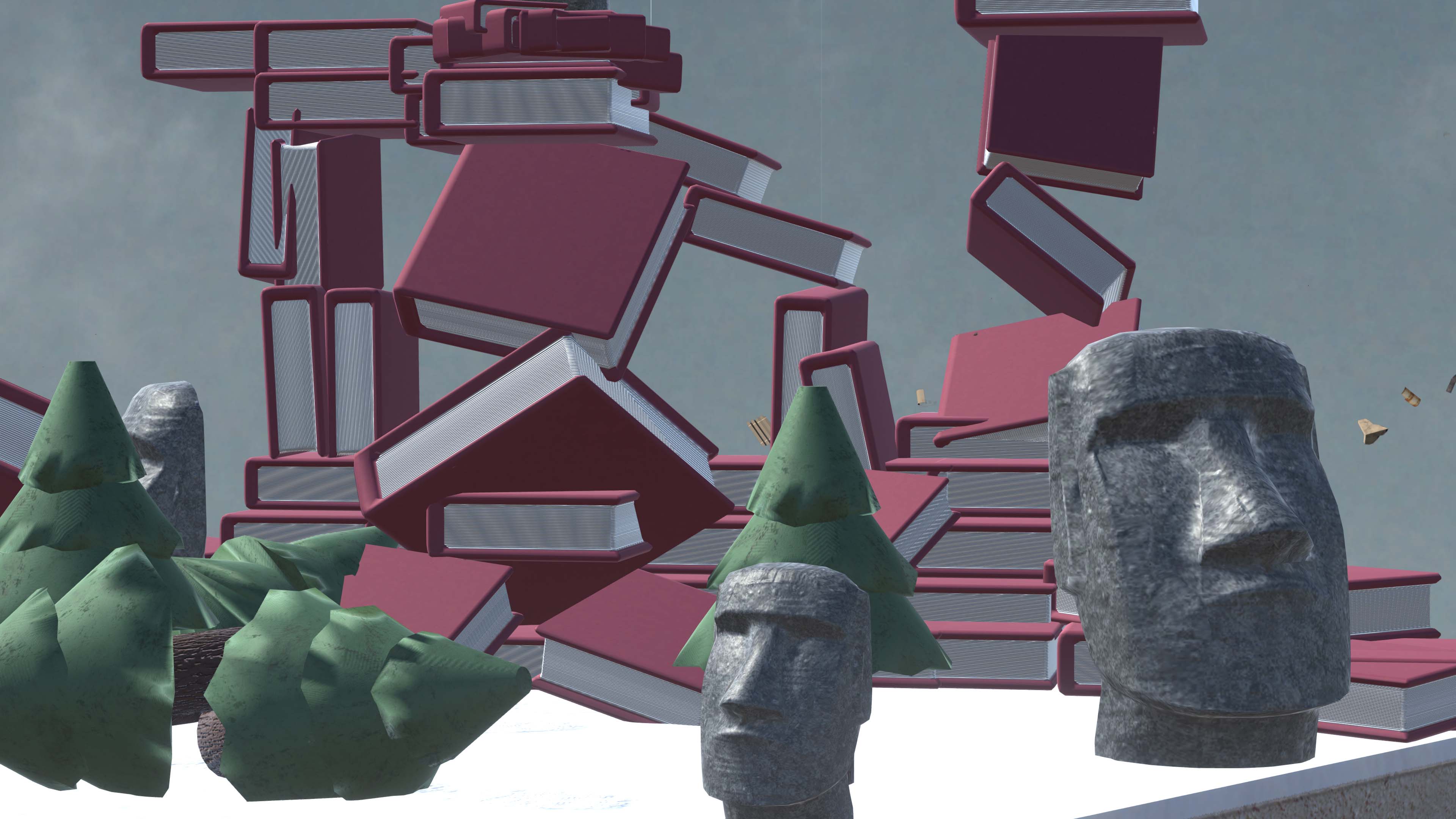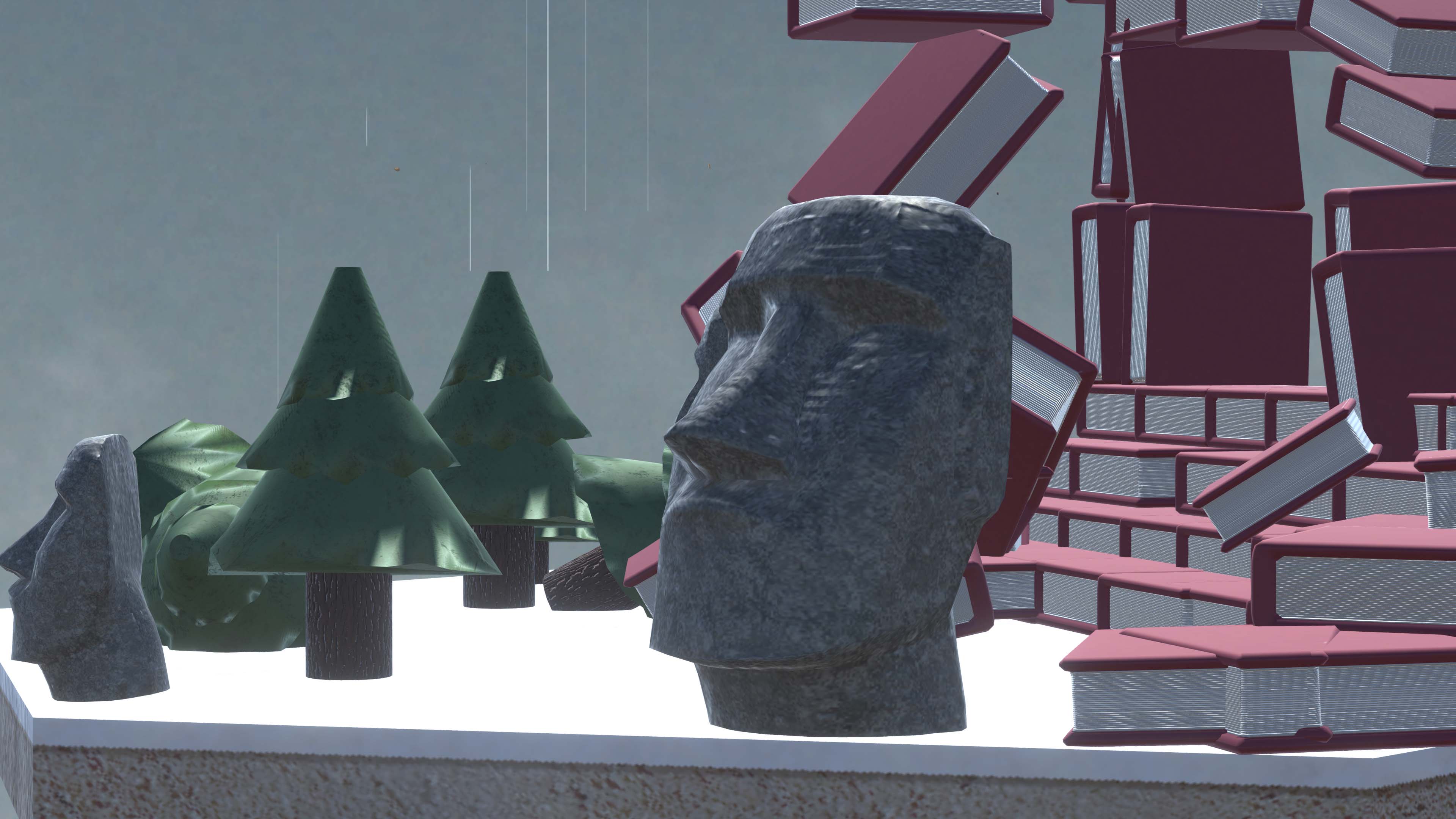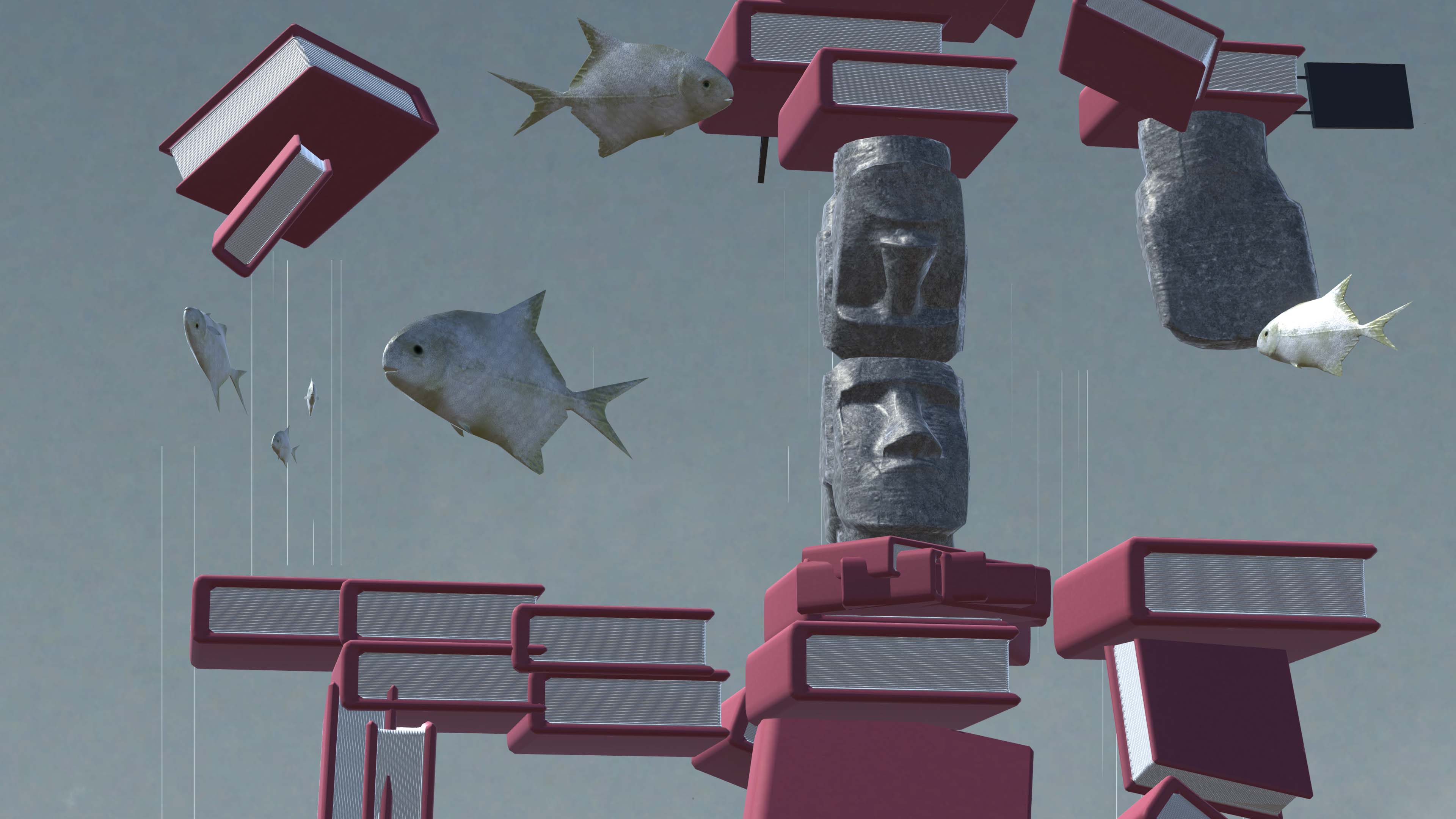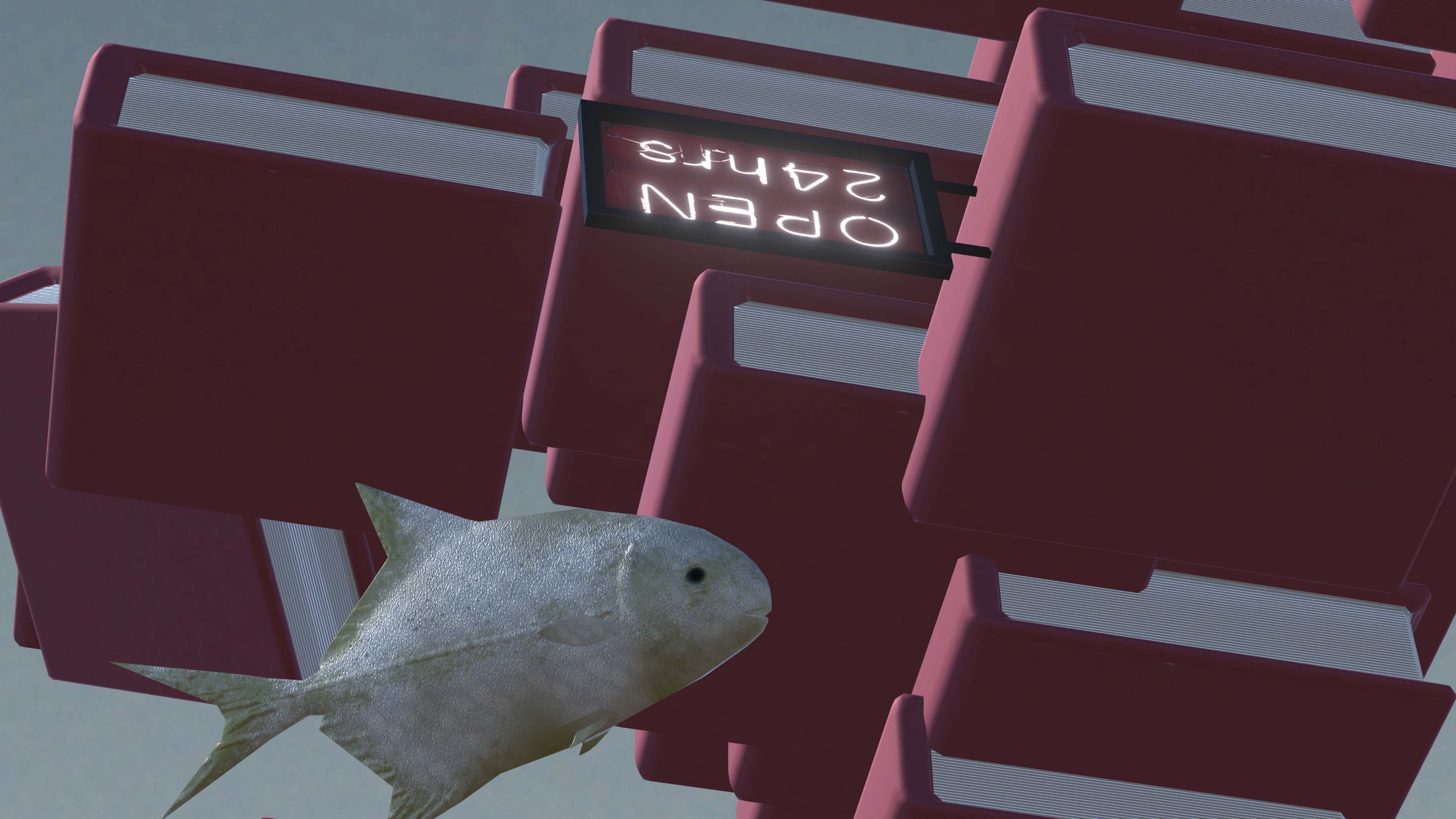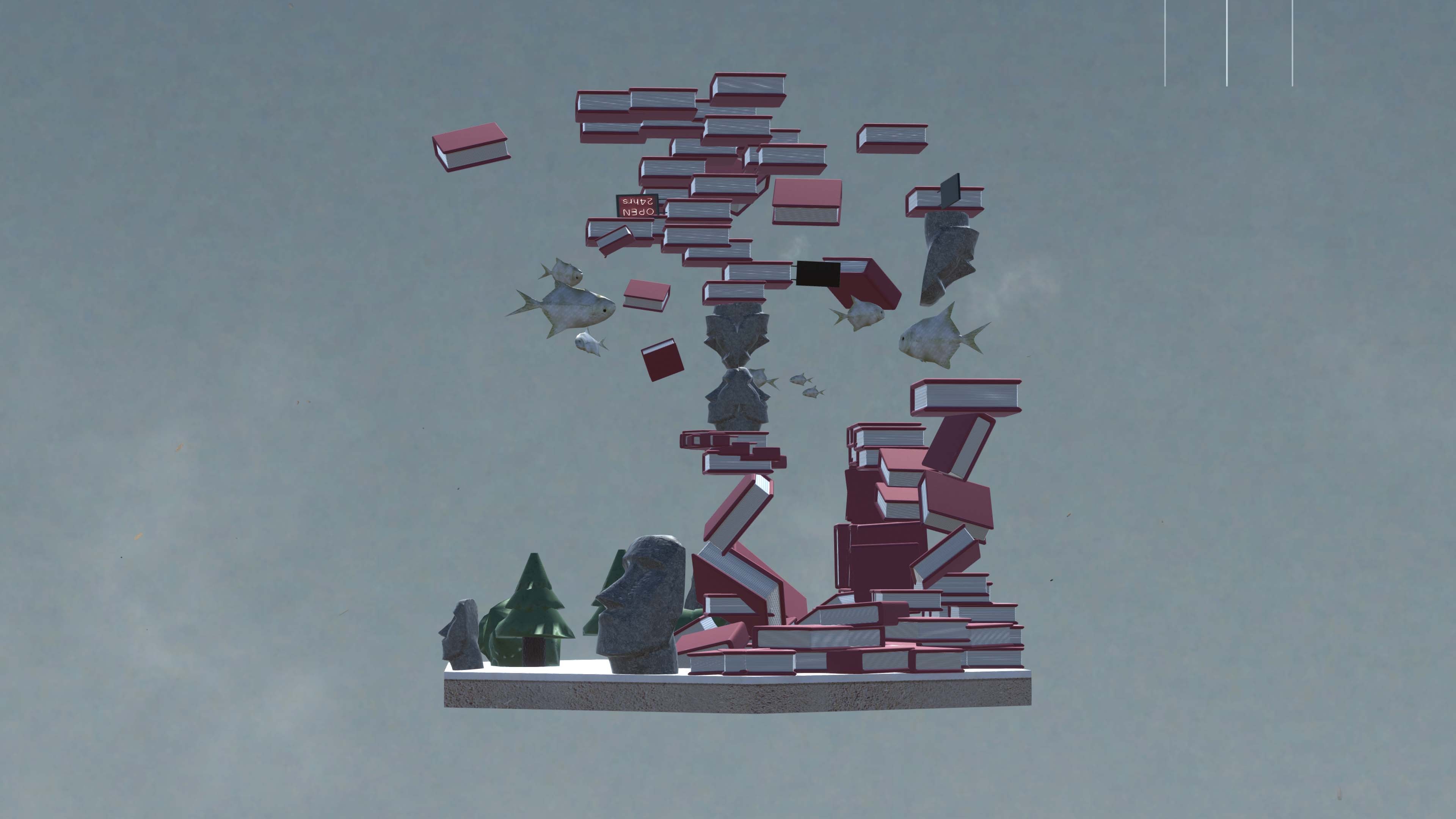Tero Mustonen PHD is the Lead Author of a chapter in the upcoming Sixth Assessment Report by the UN’s Intergovernmental Panel on Climate Change, IPCC focusing on adaptation, impact and vulnerability in the context of climate change.
Mustonen’s research specialises in the monitoring, progress and effects of climate change in the Arctic region of the Nordic countries and in the coniferous forest belt during the past 20 years. The effects of climate change on natural economies, and on local and indigenous communities in Siberia, Alaska, Greenland, Canada and Fennoscandia in particular, are at the core of his research. These communities have plenty of traditional knowledge on the progress and impacts of climate change.
“Humanity is at a crossroads when it comes to climate change. The decisions we make today are relevant to our very existence, but there is still time to change our course,” Mustonen says. “The IPCC's scientific assessment reports give mankind an idea of the severity of our situation. It is a great honour to be involved in this work in the upcoming years. I, for example, seek to promote the Northern viewpoint, such as the role of the traditional knowledge of the Sami people. Northern peoples have a lot to offer to this work, and they are also often the first ones to experience the changes caused by climate change,” he adds.
Mustonen obtained his PhD from the University of Joensuu in 2009. He also works as a fisherman in the Snowchange Cooperative. Mustonen has won several human rights and environmental awards, and is one of the most renowned researchers of the Arctic region of the Nordic countries of his generation.
